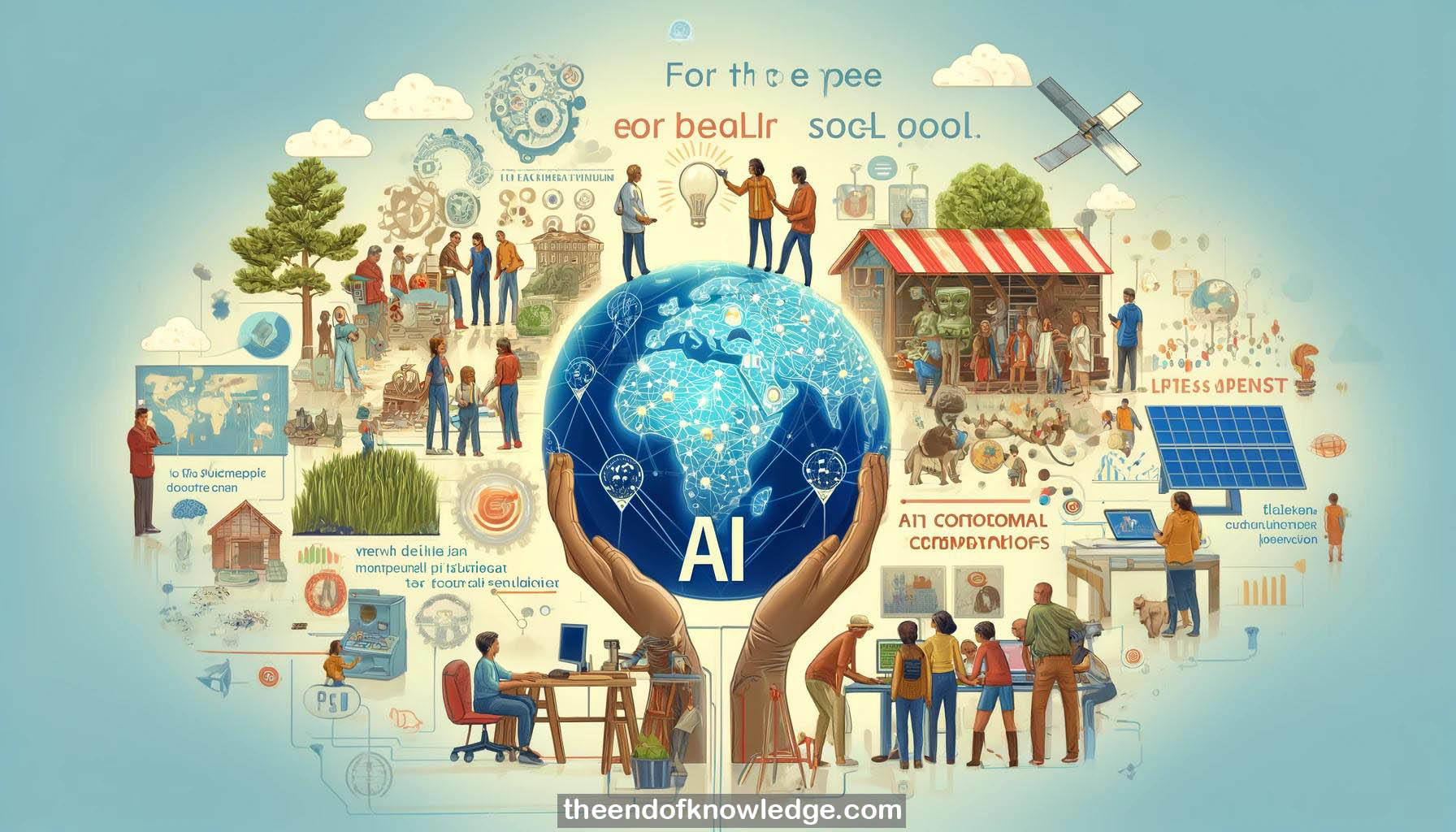 >
>
Concept Graph & Resume using Claude 3 Opus | Chat GPT4o | Llama 3:
Resume:
1.- Juan introduces AI for Good, a live series discussing AI, the human experience, and building a better world.
2.- Rud, founder of Amdenna, believes the best way to build ethical AI solutions is by the people, for the people.
3.- Amdenna partners with organizations to solve social problems using AI by bringing together a global community to collaborate.
4.- 40% of Amdenna's collaborators are female, providing important cognitive diversity in building solutions.
5.- Rud's interest in AI started in 2002-2003 with solving mathematical puzzles. The social aspect evolved over the last 10 years.
6.- Rud has always been driven to solve social problems affecting those at the bottom of the pyramid through his startups.
7.- The biggest challenge of AI is not technical, but getting people to trust and adopt the solutions.
8.- Building solutions bottom-up by involving the people who will use them is key to creating trust.
9.- Democratizing access to AI knowledge through online courses enables people worldwide to collaboratively build ethical solutions.
10.- An Amdenna success story: Helping the World Resources Institute understand causes of land conflicts in India using web data.
11.- The WRI land conflict model was then applied in Indonesia and Brazil, and helped WRI get donations to expand the work.
12.- Amdenna has run 5 challenges with WRI, including using satellite images to map economic wellbeing and land use.
13.- A key challenge was proving 60 people worldwide who never met could successfully collaborate to build sophisticated AI models.
14.- Another challenge is working with non-technical organizations to extract requirements and build useful AI solutions for them.
15.- Amdenna's diverse community helps bridge communication gaps and provide the right skillsets to overcome collaboration challenges.
16.- To account for cultural differences, Amdenna involves collaborators from the local communities who understand the data context and potential biases.
17.- Biases exist in real-world data because humans are inherently biased. Diverse stakeholders are needed to identify biases in AI.
18.- In a bottom-up approach, people can decide for themselves if an AI solution is good for them, rather than being forced.
19.- Organizations need some understanding of how AI can solve their problems before Amdenna can help; Amdenna focuses efforts accordingly.
20.- Amdenna is best suited for organizations that have a defined problem to solve with AI, even if they lack data.
21.- Rud feels his purpose in life is to give back to the world using his skills in the way that fulfills him.
22.- Rud exemplifies "AI for good" by enabling problem owners to become problem solvers using their skills.
23.- Rud's vision is for Amdenna to be a bottom-up collaborative environment to solve problems with tech like AI, apps, etc.
24.- The goal is empowering people to solve problems together without relying only on big tech companies or governments.
25.- AI for Good has upcoming discussions on AI in the workplace and recently covered AI for financial inclusion.
26.- AI for Good is the UN's leading platform for inclusive global dialogue on AI to achieve sustainable development goals.
27.- It is organized by ITU, XPRIZE, and 37 UN agencies, co-convened by Switzerland.
28.- People can find all AI for Good content, events and latest happenings on their website and social media channels year-round.
29.- Juan wraps up the discussion and invites viewers to join the next AI for Good Let's Talk session.
30.- The conversation provided insights on empowering problem owners to become problem solvers using AI technology.
Knowledge Vault built byDavid Vivancos 2024